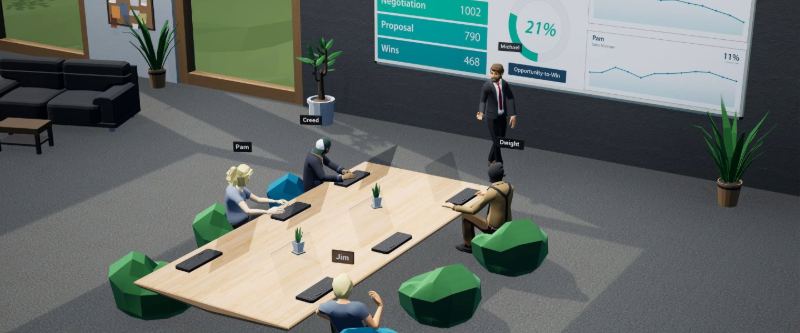
Sustainability is dead – true or false?
Myths abound when it comes to corporate sustainability. Can you tell fact from fiction? Test your knowledge on the common misconceptions here....

by Sameh Abadir Published October 25, 2023 in Brain Circuits • 2 min read
A manager must make hundreds of decisions that affect their team’s productivity, well-being and overall success. But it is important to remember that, even if you have a history of making good decisions, in times of crisis you need to slow down and make sure you are operating in a calm manner to ensure you don’t make the wrong ones. Because when you most need to get things right, you also need to take your time to get there.
Here is a quick exercise to help you test yourself. Set a timer for 10 seconds, and then consider this problem:
A pickleball paddle and a ball cost €1.10. The paddle costs €1 more than the ball. How much is the ball?
What did you answer?
Many people (even those who are good at math) automatically answer 10 cents. But the correct answer is 5 cents, because you must remember to add the two costs together: €1.05 + .05 = €1.10.
This is a classic example of people’s “fast” brain taking over. We all have a fast brain and a slow brain, and it is important as a leader to train your fast brain to stay under control. In times of stress, it is common for the fast brain to take over and the result is making bad decisions.
One of our biggest biases as humans is overconfidence. When you are overconfident in your knowledge, that too can lead to poor decision-making, so you must seek out additional information and evaluate it carefully, even in times of stress.
Thinking Fast and Slow by Daniel Kahneman

Sameh Abadir is a former Adjunct Professor of Leadership and Negotiation at IMD. He advises companies on negotiations and runs negotiation workshops in English, French and Arabic. He directed custom programs for Emirates Nuclear Energy Corporation, Jerónimo Martins, ArcelorMittal, and Merck. He was Co-Director of IMD’s signature program Orchestrating Winning Performance (OWP) and Co-Director of IMD’s Negotiating for Value Creation (NVC) open programs.

16 hours ago • by Julia Binder in Brain Circuits
Myths abound when it comes to corporate sustainability. Can you tell fact from fiction? Test your knowledge on the common misconceptions here....

February 19, 2026 • by Michael D. Watkins in Brain Circuits
As AI reshapes business operations, your leadership development efforts must focus on enabling humans to continue to add distinctive value. Michael D. Watkins explains how to use the 75/25% rule to guide...

February 18, 2026 • by Cindy Wolpert in Brain Circuits
How people engage with you is shaped by your brand. If you are known to be reasonable, pragmatic, and strategic, they will want to work with or for you. But if you...

February 17, 2026 • by Stefan Michel in Brain Circuits
Many of us still equate gaming with dudes playing video games like Grand Theft Auto in a basement. In fact, as Bastian Bergmann told Stefan Michel in a recent I by IMD Book...
Explore first person business intelligence from top minds curated for a global executive audience